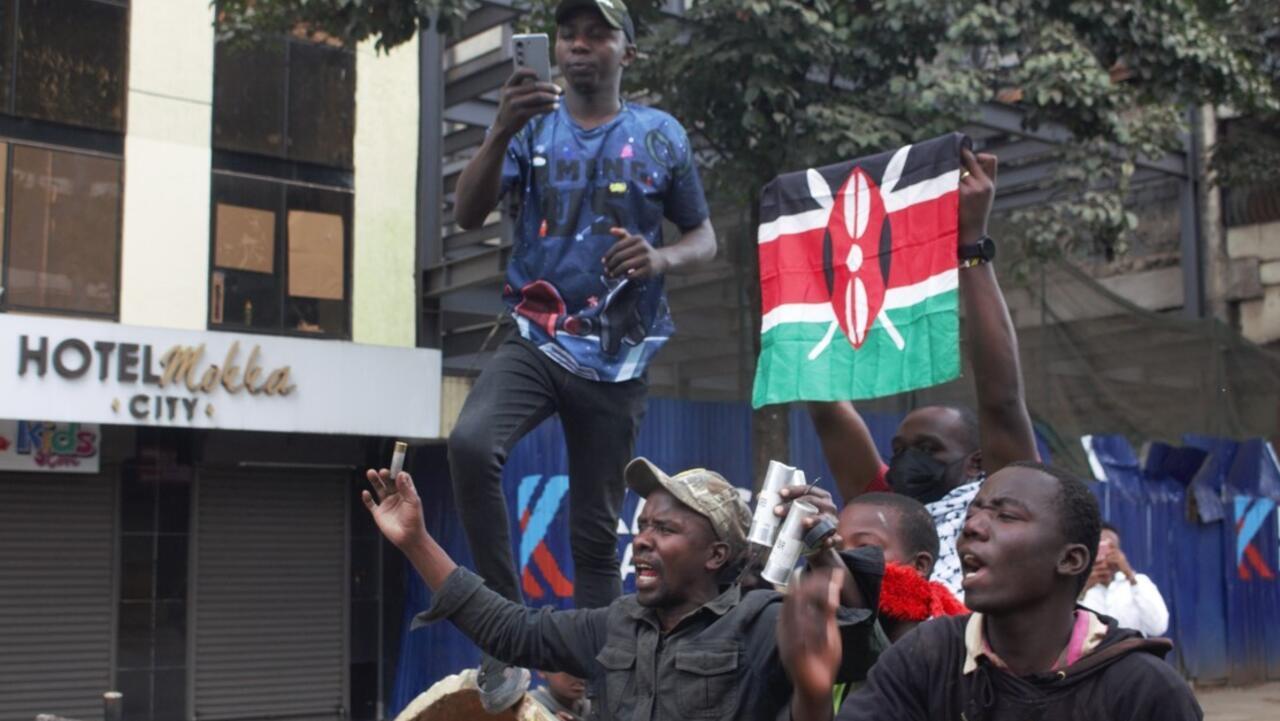
As Kenya’s Generation Z takes to the streets demanding political accountability and social reform, many are grappling with the profound emotional cost of their activism.
In the shadow of growing government crackdowns, scenes of deadly police violence and persistent trauma have become tragically common.
On June 25, Wendy, a young protester in Nairobi, joined hundreds rallying against police brutality after the death of Albert Ojwang, a 31-year-old teacher and blogger who died in custody.
“Most of the time, I’m completely terrified when I leave the house to go to the protest. Some days I feel so defeated, sometimes I feel almost useless, thinking: what value am I adding to the fight?” Wendy shared.
But for her, the motivation is clear: “The reason I believe we’re on the streets, and indeed for me, is that I’m really tired of seeing systems that continue to oppress a certain class. I really want a country that works for me and my daughter.”
While Wendy returned home safely, others did not. At least 19 people were killed across the country during the protests, which coincided with the first anniversary of the storming of Kenya’s Parliament.
These protests, spearheaded by a generation disillusioned with President William Ruto’s administration, reflect growing frustration with economic hardship, inequality, and state repression.
Alex Mutua, another young demonstrator, spoke of the terror that now accompanies any act of resistance. “It’s been a really scary experience, considering how the police are handling the protests. Every time I go out to fight for my country, I don’t know if I’ll be targeted by the police,” he said.
University student Irene Mwari echoed those fears. “I once went to a protest in Kenya. I didn’t know if I’d make it home. These days, the police use live ammunition to disperse people. And if you’re lucky enough to escape a bullet, the government has thugs to break up peaceful protests. So, if they don’t beat you up, you’ll get robbed in broad daylight.”
Still, she remains resolute. “Ultimately, we’re the ones who have to live in Kenya with such poor governance. So if we don’t fight for a better future, I don’t know who will.”
The violence escalated dramatically during the “Saba Saba” demonstrations on July 7, when the Kenya National Human Rights Commission reported 31 deaths in a single day. Over 100 were injured, and 500 people were arrested. Businesses were looted, and the commission accused police of using live rounds and working with armed gangs to quash the unrest.
Mental health experts warn that the protests are leaving deep psychological scars. “We are experiencing collective trauma, whether we are attacked or not,” one professional noted. “Many young protesters are experiencing chronic stress and anxiety due to repeated exposure to violence.”
Despite the toll, Kenya’s youth say their fight is far from over. Their resilience, forged in pain, continues to fuel a growing movement for justice and change.



